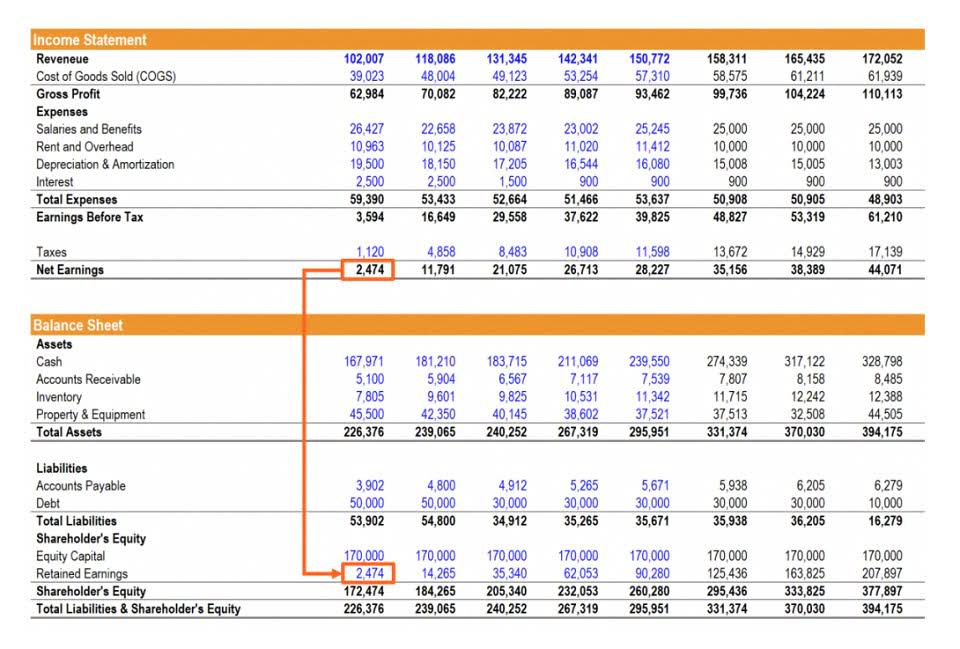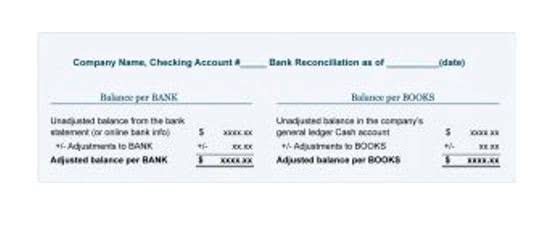
Multiply that regular rate by 1.5 – $9 times 1.5 equals $13.50. Also be aware that several states (most notably California) have passed overtime laws of their own; many of these state-specific overtime regulations are more generous than the federal minimum. When your state’s overtime law conflicts with the federal overtime what is overtime for 13 an hour law, you deserve the most money possible.

Calculator references
However, many employees work unusual shifts and go above and beyond this standard, putting in more than the average 40 hours. These are a few things you should know about hours and overtime labor laws. This depends on employment laws and contract terms. In many cases, salaried employees are exempt from overtime, but there are exceptions based on job role, salary level, and working hours. CWHSSA also applies to most federally assisted construction contracts. Extra pay for working weekends or nights is a matter of agreement between the employer and the employee (or the employee’s representative).

How Much Do You Get Paid for Overtime?

Here’s information on how overtime pay is calculated. When you want to see how much overtime pay you will earn, you can use this Overtime Calculator from the U.S. Department of Labor to help you determine if you’re eligible for overtime pay and to calculate how much overtime you will receive for a typical pay period. Some employees who make a salary are entitled to overtime, although many employers don’t honor that right. To learn if you’re entitled to the FLSA’s protections, click here.
Fact Sheet #23: Overtime Pay Requirements of the FLSA

Consult your state department of labor to investigate any laws that might impact your occupation. If you are paid by the hour, you can calculate your time and a half rate by multiplying your hourly rate by 1.5. You’ll https://www.facebook.com/BooksTimeInc/ need to check your contract or ask your employer about the terms of your overtime pay. Laws about overtime pay vary in different countries andstates, so make sure you know which rules apply. Learn more about your legal options in a free, confidential consultation today. You don’t have to make any big decisions just yet.
The FLSA does not require overtime pay for nights, weekends, or holidays unless the hours push the worker over the 40-hour threshold. Many employers have policies in place to add a differential to the wages of workers who work evenings, weekends, or holidays, but this is voluntary. When an employee is entitled to overtime pay, the rate cannot be less than one and a half times (time and a half) an employee’s regular rate of pay. For example, if your hourly rate of pay is $10/hour, the overtime rate is $15/hour. Now convert your weekly salary into an hourly wage. You made $9.13 an hour, which is $420 divided https://www.bookstime.com/ by 46 hours.

How Much You Will Get Paid for Overtime
The regular rate of pay cannot be less than the minimum wage . The regular rate includes all remuneration for employment except certain payments excluded by the Act itself. An employee’s workweek is a fixed and regularly recurring period of 168 hours — seven consecutive 24-hour periods.
- The FLSA does not require extra pay for weekend or night work or double time pay.
- If your tips and cash wage add up to an hourly wage higher than the minimum, they have to use that higher wage.
- That’s above the federal minimum wage of $7.25, which means that your employer can pay you Chinese overtime.
- For example, doctors, nurses, policemen and firefighters frequently work long shifts and are often excluded from earning overtime pay.
- This can becalculated by dividing a week’s salary by the number of hours you usually work.
- Overtime is the additional work an employee performs beyond their regular working hours, which are often set at 40 hours per week in many countries.
- Double overtime pay is like an extra reward for employees who put in additional hours or work on holidays (personal holidays or public holidays).
If you normally make $8 per hour, your overtime wage is $12, because that’s $8 times 1.5. And if you make $16 per hour normally, your overtime rate should be $24 – again, that’s $16 multiplied by 1.5. Note that calculations get a little more complicated when you make bonuses or commissions; we’ll get to those complexities a little later in this guide. Knowing how to calculate your correct overtime wages is crucial.

